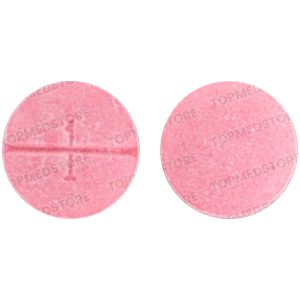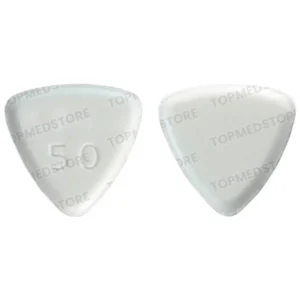Showing all 2 results
About Intermittent Claudication
Approximately, 10% of the American people reported with the peripheral arterial disease, out of which 30% to 40% people diagnosed with Intermittent Claudication. Men and women are equally affected by this condition. It is observed that, nearly 12-20% of the individuals older than 60 have this problem in U.S.
Sometimes due to poor circulation of blood into the arteries of legs, you feel aching or cramping in your lower legs, which generally occur during walking or doing exercise is referred as Intermittent Claudication. The pain is not consistent and mostly felt at rest. Some people feel weakness in the leg while walking. It caused due to narrowing of the arteries, which supply blood to the legs. Supply of the oxygen to the legs gets decreased and pain arises. Body needs more oxygen while performing exercise, so the pain occurs during exercising.
Causes of Intermittent Claudication
The most common cause of Intermittent Claudication is peripheral artery disease. Atherosclerosis is a condition in which your arteries, mostly in heart get narrow and become stiffer or harder. In peripheral artery disease, arteries that supplies blood to your limbs get damaged due to clumps of fat, cholesterol or other material known as atherosclerosis plaques. These plaques make arteries narrower than usual that make less blood to pass through them. While contractions your muscles need more oxygen as a fuel. Due to clogged arteries, you lack oxygenated blood in your legs. It results Intermittent Claudication.
But, Atherosclerosis is not the only culprit of Intermittent Claudication. There are some other conditions shows similar symptoms like spinal stenosis, peripheral neuropathy and musculoskeletal conditions.
There are major risk factors that can cause you Intermittent Claudication are such as, diabetes, high blood pressure, smoking, high cholesterol, overweight, a family history of atherosclerosis, and aging.
Diagnosis of Intermittent Claudication
To diagnose Intermittent Claudication you need to perform some common tests as mentioned below:
- Ultrasound: To determine location and severity of the affected artery
- Pulse checking: The doctor will check pulses of your palms and feet
- Exercise testing: To determine the you are feeling pain while doing exercise or not
- Ankle-brachial index: to compare the blood pressure in your ankles to the blood pressure in your arms
- Doppler ultrasound: To monitors blood flow in the area affected
- Medical Tests: Magnetic resonance imaging (MRI) or computerized tomography (CT) to detect your blood vessels are narrowed with plaque or not
Your doctor may take your physical exam to check other abnormalities
Symptoms of Intermittent Claudication
A person with Intermittent Claudication experiences some symptoms as mentioned below:
- Pain while exercising: You will feel pain while exercising
- Intermittent pain: You can feel pain while heavy workout and it may go, when you relax
- Pain in rest: Sometimes, in this condition you might feel pain while resting or while lying down
- Ulcerations or change in skin color: You might experience color change of your toes, fingers or feet, that may change into bluish. It is a possibility that you may develop some sores on your lower legs, feet, arms, or fingers
Besides these there are rare symptoms that can be observed Intermittent Claudication are such as, weakness of your legs or arms, cold feet or palms, an aching or burning feeling.
Treatment for Intermittent Claudication
Cilostazol is an active component used in the treatment of Intermittent Claudication. Otsuka Pharmaceutical is the leading pharmaceutical company that offers a popular brand medicine called Pletal. This drug works by reducing the pain of the condition through dilating the arteries. It improves the flow of blood and oxygen to the legs. It also reduces the ability of blood to clot. It enables patients with it to walk longer and faster before developing pain.
Warfarin is one of the effective active ingredients used to treat the above condition. Bristol-Myers Squibb is a fastest growing pharmaceutical company that manufactures the brand medicine Coumadin. It is an anticoagulant that is supposed to work by limiting the body from forming blood clots. It acts by blocking the formation of blood clotting factors, which are needed to make clots.


